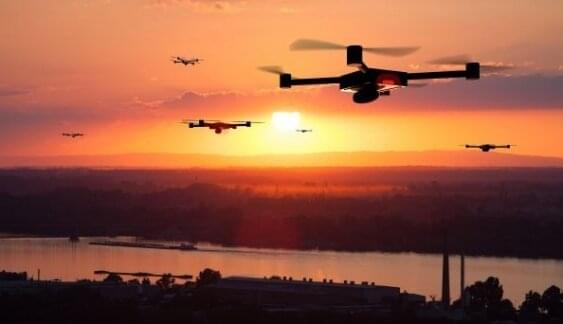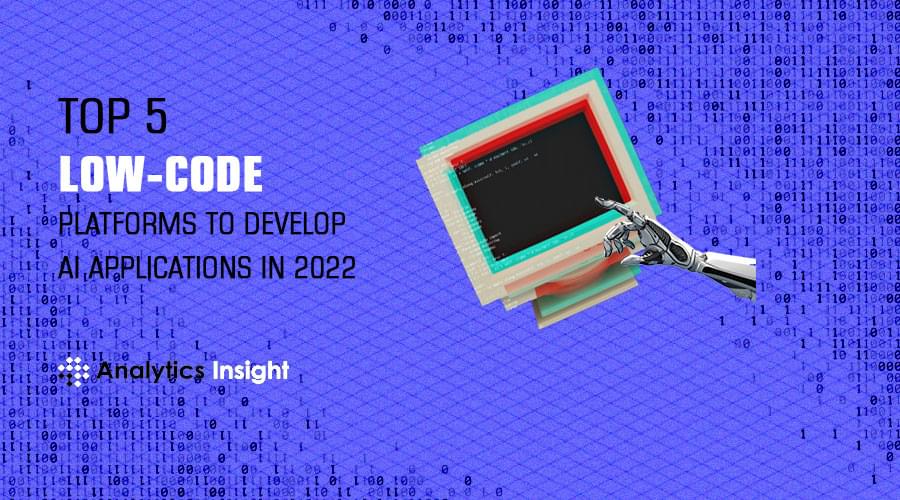Ice giants like Neptune are a potential treasure trove of scientific discoveries.
There’s also Triton’s cryovolcanic activity, resulting from tidal flexing in its interior caused by Neptune’s gravitational pull. However, this activity increases when Triton is closest to the Sun (perihelion), resulting in greater eruptions from the interior. This will leave higher concentrations of nitrogen and other gases in the moon’s tenuous atmosphere, which could be studied to learn more about its interior composition and structure. As for the rings, the team noted several objectives there:
“Establish a complete list of planetary rings and their inner Shepherd satellites, study the characteristics, formation mechanism, material exchange, and gas transport of planetary rings of different orbital types, analyze the origin of different celestial bodies, and detect possible organic matter… The multiple planetary rings of Neptune are not uniformly distributed in longitude. Instead, it presents an arc-block-like discrete structure. Why these arc-block structures can exist, and whether they exist stably without spreading out, are all interesting dynamical problems.”
China’s space agency has made some rather impressive moves in recent years that illustrate how the nation has become a major power in space. These include the development of heavy launch rockets like the Long March 9, the deployment of space stations (the Tiangong program), and their success with the Chang’e and Tianwen programs that have sent robotic explorers to the Moon and Mars.






